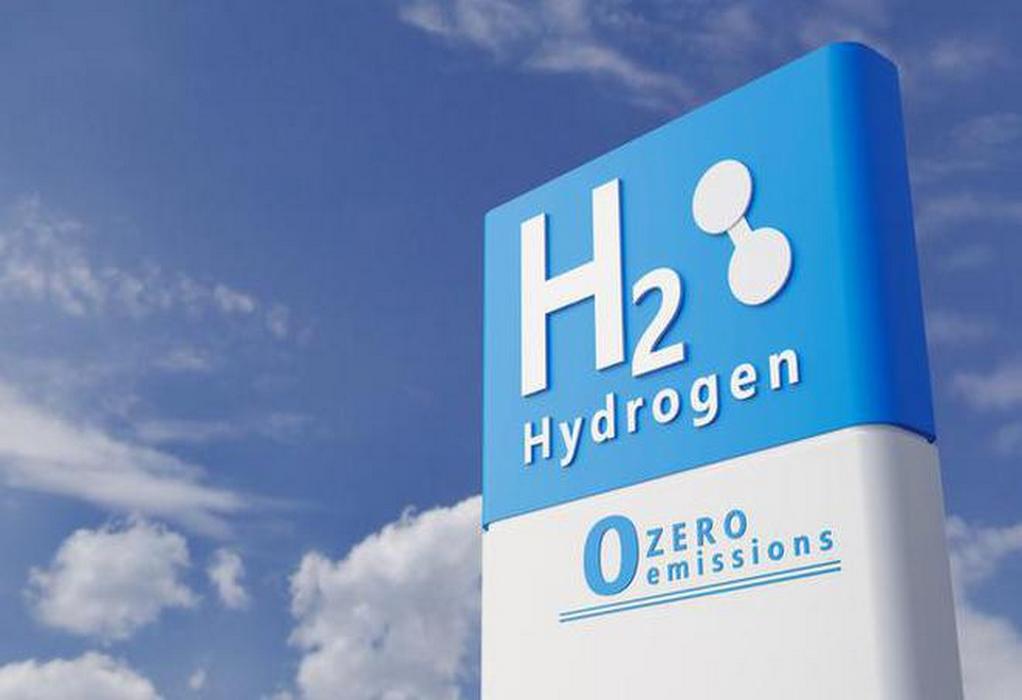Energy companies, international organizations, and national governments around the world are touting hydrogen as the next big energy trend, but is it practical for all uses? Some believe that it will be vital for the future of freight transport, as countries move away from petrol and diesel, but others are more critical of the idea. As hydrogen production increases worldwide and investment in new hydrogen technologies continues to grow, it’s important to consider the potential uses of the much-talked-about energy source. The heavy transportation industry is considering a future using hydrogen trucks as well as standard electric vehicles (EVs) in the fleet, as governments impose restrictions on traditionally fuelled vehicles heading into the next decade. Road freight has suffered a turbulent two years of the pandemic, during which time drivers were forced into lockdown, supply chains were disrupted, and then demand for goods suddenly soared, as did fuel prices. Now, as several countries put their energy transition strategies into action, moving away from fossil fuels to renewable alternatives, transportation companies must consider how the future of freight will look.
The often traditional freight industry has realized the uncertainty it faces and is opening up to new ideas about how trucks could be best fuelled if they make the giant leap to non-petrol and diesel vehicles. By 2030, the EU expects carbon emissions from trucks to be cut by 30 percent on 2019 levels, meaning that change is inevitable and innovation is necessary.
Robert Windsor from the British International Freight Association explained, “The energy transition is very significant.” And, “colleagues are aware of forthcoming changes, with some multinationals engaged in trials of new technology, but many members are still trying to work out the practical implications of how it will impact their businesses,” he stated.
The race has long been on to develop EV batteries for trucks and other vehicles, aiming for a longer range, faster changing times, and weighing less. But, to date, lithium-ion batteries continue to be inadequate for freight trucks due to their slow charging time and extremely heavyweights, needing to weigh tonnes to power a 44-tonne truck.
Alternatively, hydrogen fuel cells could be powered from a hydrogen tank inside the truck, much like a traditional petrol tank. Fuel cell electric vehicles (FCEVs) give off no greenhouse gas emissions and can be fuelled quickly. In addition, 1kg of hydrogen provides around the same power as a gallon of diesel. For this reason, several travel companies are already toying with the idea of adapting vehicles to be powered by hydrogen fuel cells, with several airlines already trialing hydrogen-powered planes. So, naturally, many road transport companies are also interested to see how hydrogen fuel cells would work for the road freight industry.
CEO of hydrogen truck and bus maker Hyzon Motors, Craig Knight, believes hydrogen provides the obvious solution for the future of trucking, seeing traditional EV batteries as inadequate to fuel long-haul heavy transportation. He explains, “doing a few battery-electric trucks is easy; doing hundreds is near impossible,” whereas “doing a few fuel-cell trucks is a pain in the butt; doing hundreds is a walk in the park.”
Knight argues there are several constraints to electric batteries including the lack of capacity on the grid to support the fast charging of several trucks, the need for several charge points to power just one truck, the cost incurred due to the heavyweight and size of the battery – limiting space for freight goods, and the potential difficulty in sourcing the natural resources required to build EV batteries. Meanwhile, he believes that it would be cheaper to improve the range of hydrogen fuel cells compared to EV batteries and that green hydrogen can be produced locally from waste, making it more eco-friendly.
German company Fraunhofer is on the other side of the argument. The research institute believes that because battery-powered transport technology has already advanced so far, the hydrogen fuel cell industry would have to catch up at a great cost of both time and money. Fraunhofer argues that there are no commercially hydrogen fuel cell freight trucks available to date, while several electric truck models have already been announced. In addition, the criticism over the fuelling time required for EVs is resolved by the legally-required breaks that truck drivers are required to take in several parts of the world.
Patrick Plötz from Fraunhofer explains “hydrogen will play a vital role in the industry, shipping, and synthetic aviation fuels. But for road transport, we cannot, I believe, wait for hydrogen technology to catch up, and our focus now should be on battery electric vehicles in both passenger and freight transport.”
It seems the industry is divided when it comes to the future of heavy road transport. Some believe that electric batteries are the obvious answer, having already received huge levels of funding worldwide to improve range and charging times. Others believe that, while in their infancy, hydrogen fuel cells should not be discounted and greater investment in the coming years would see a huge pay-out long term.
The article was written by Felicity Bradstock.
Source: https://oilprice.com
Tags: Electric Vehicles, Freight, Hydrogen, Investment, Shipping

Recent Posts
DPIIT promotes green logistics industry
Petronet LNG reports record volumes
TotalEnergies buys stake in wind farm to produce green hydrogen
Ports of Indiana, Port of Antwerp-Bruges partner on green shipping
Bhutan moves towards green transition
GCMD completes biofuel supply chain trials with Hapag-Lloyd
Airbus partners with Avolon on hydrogen aviation
Nuclear power transition more safe option for decarbonisation than coal